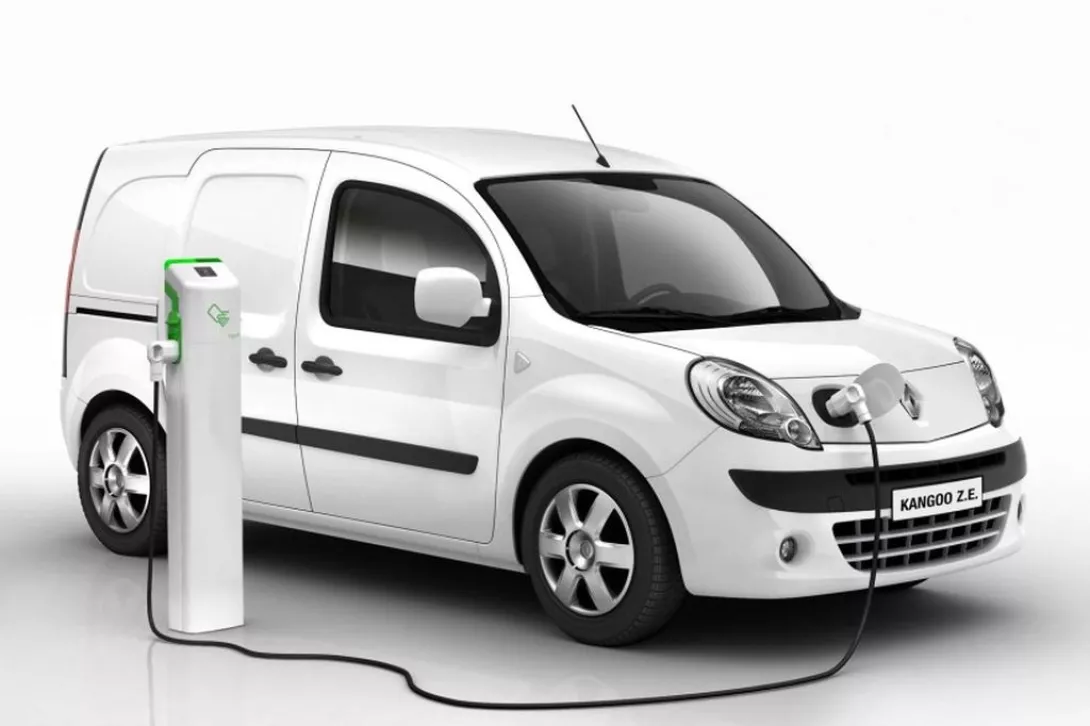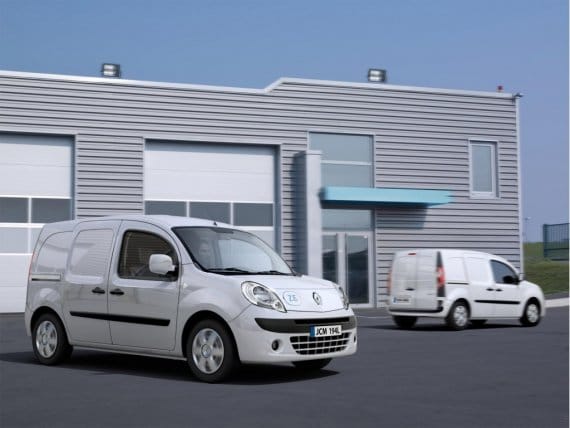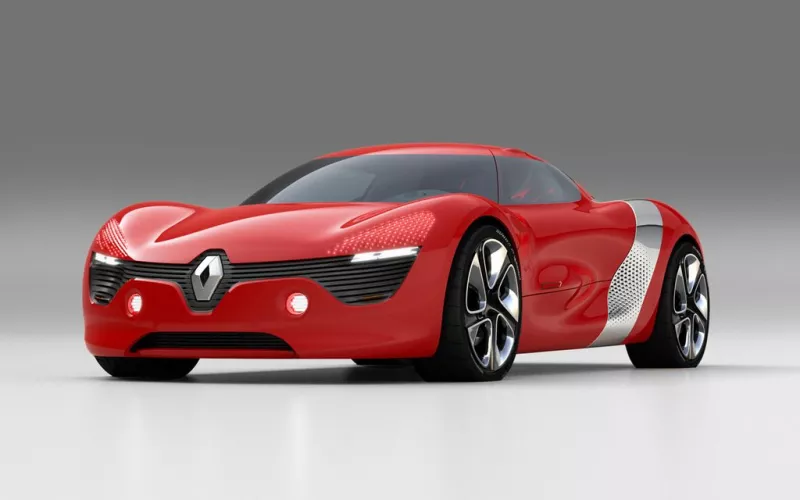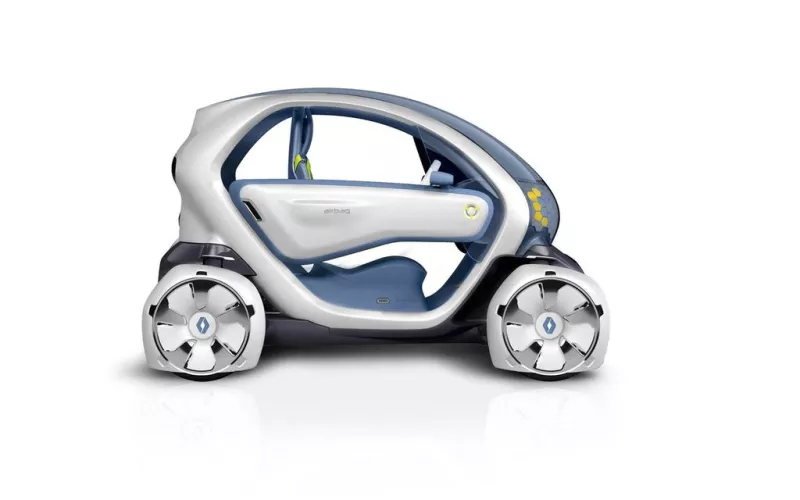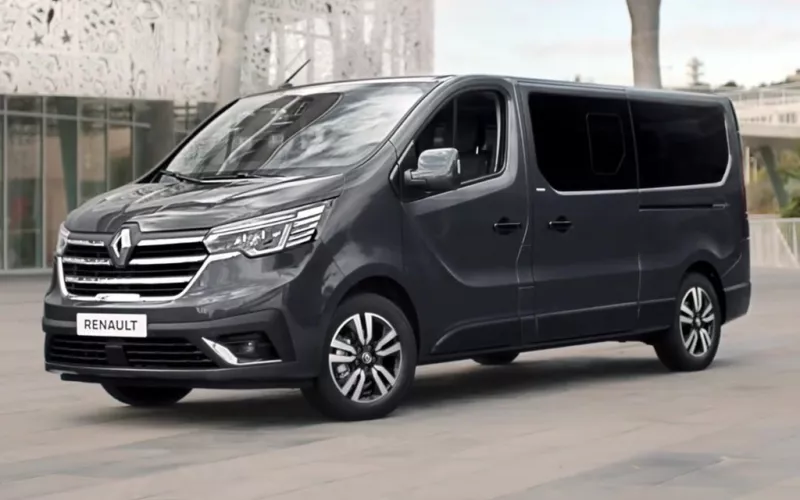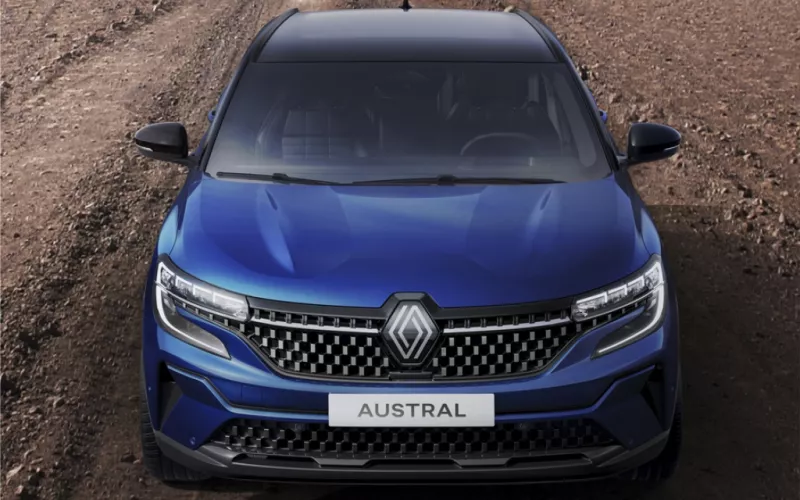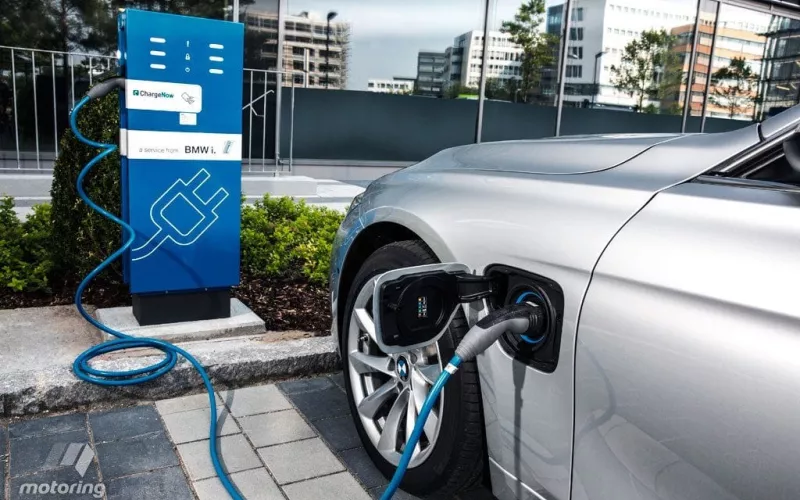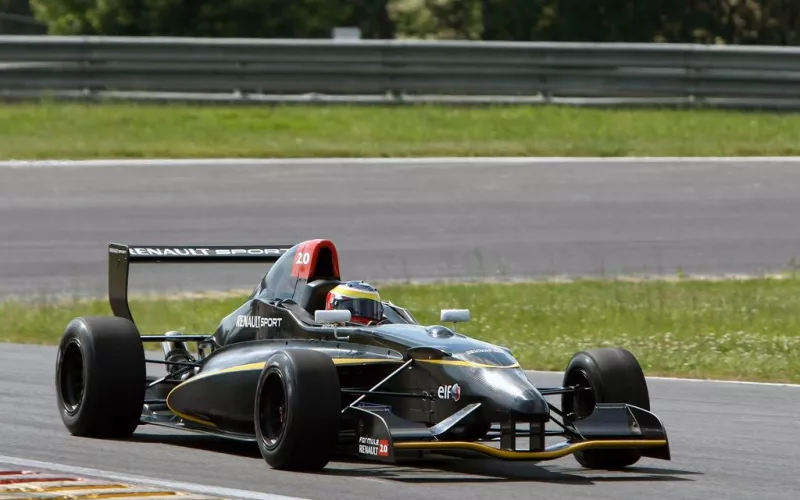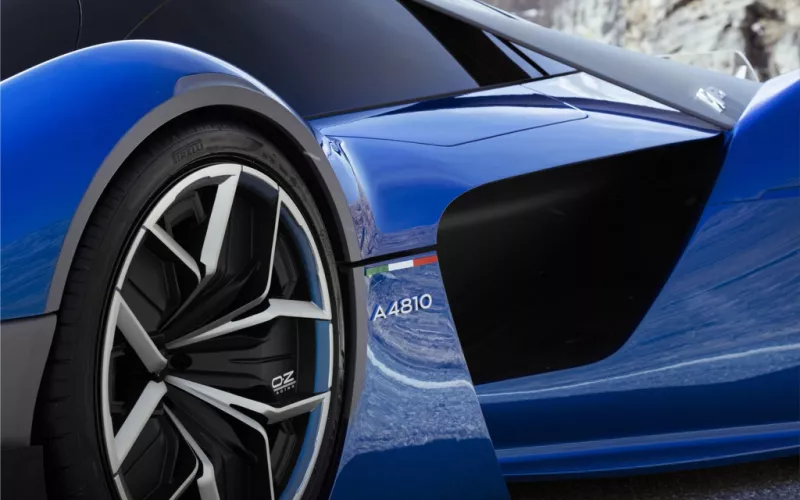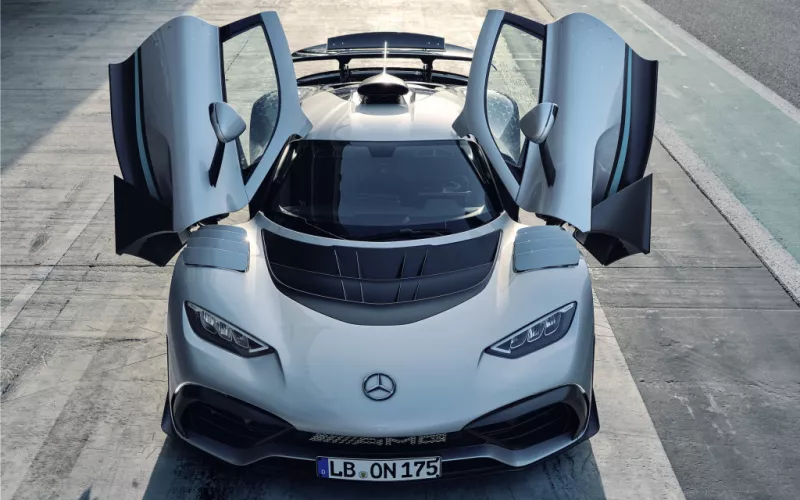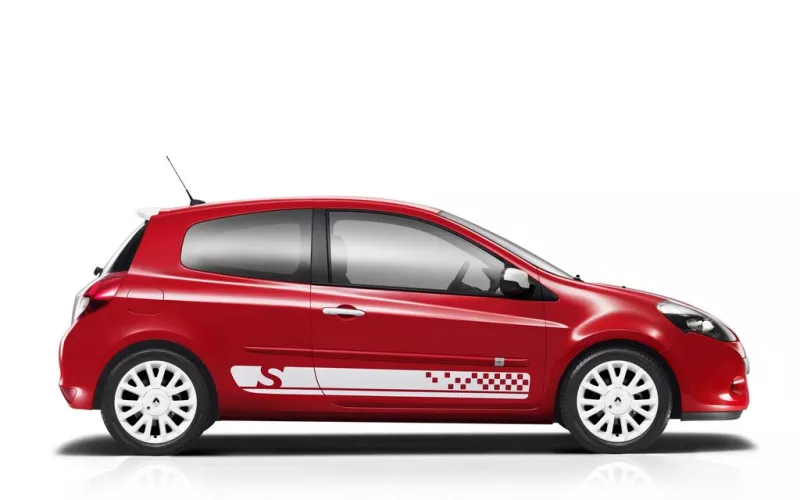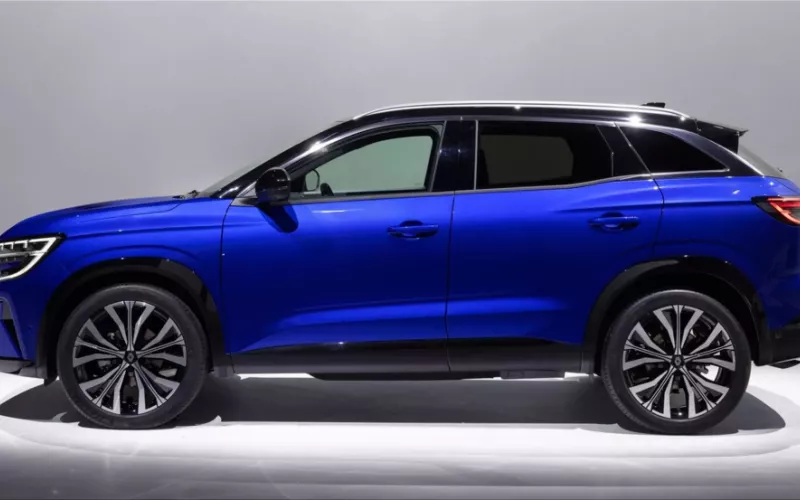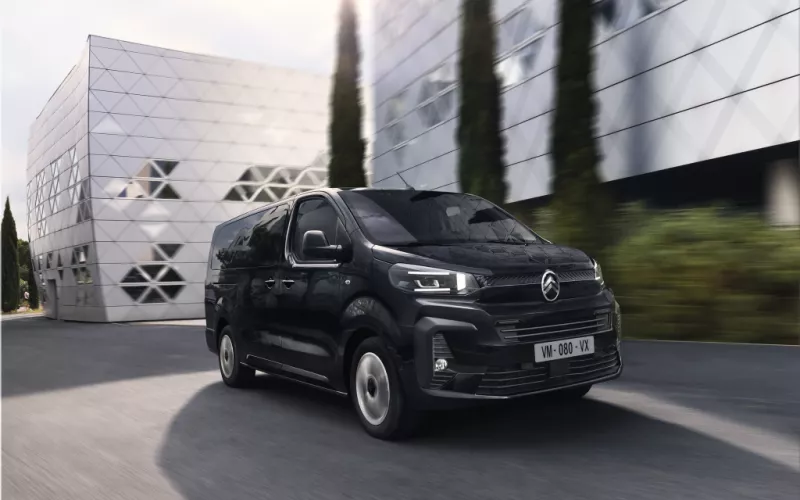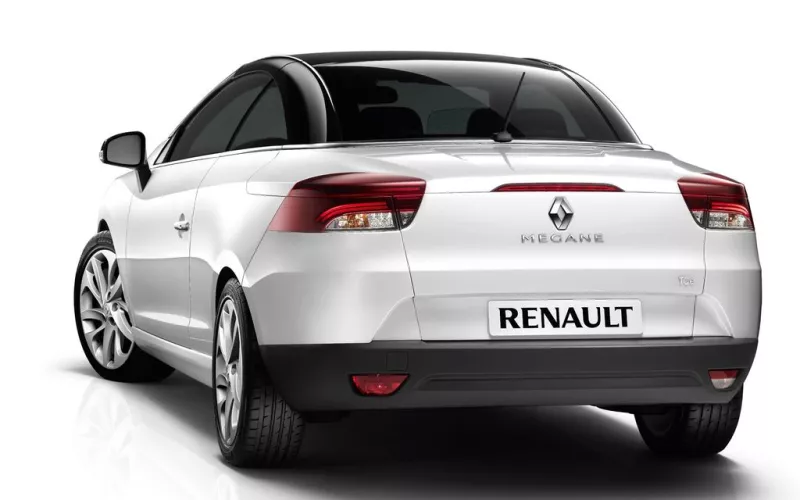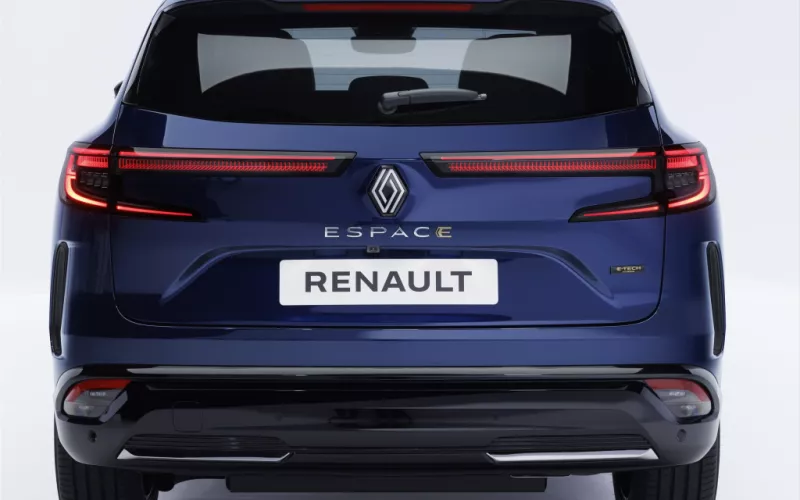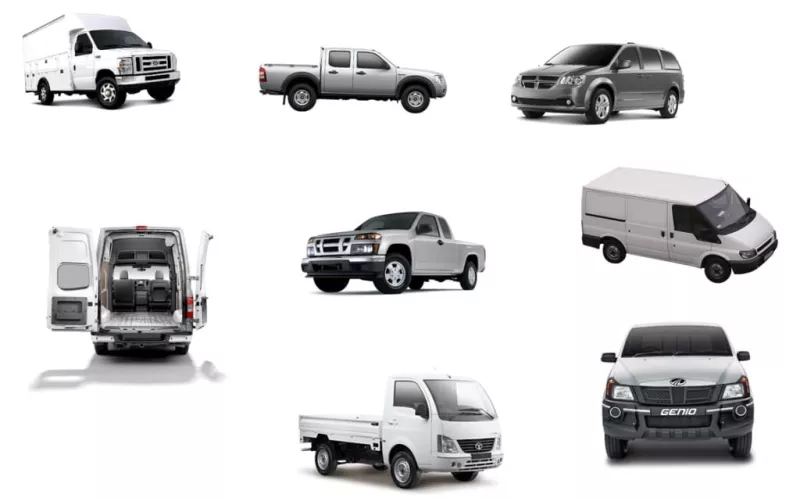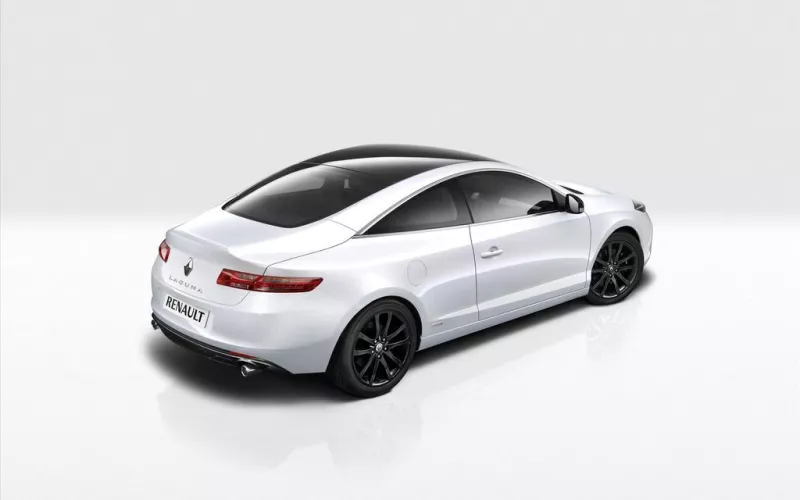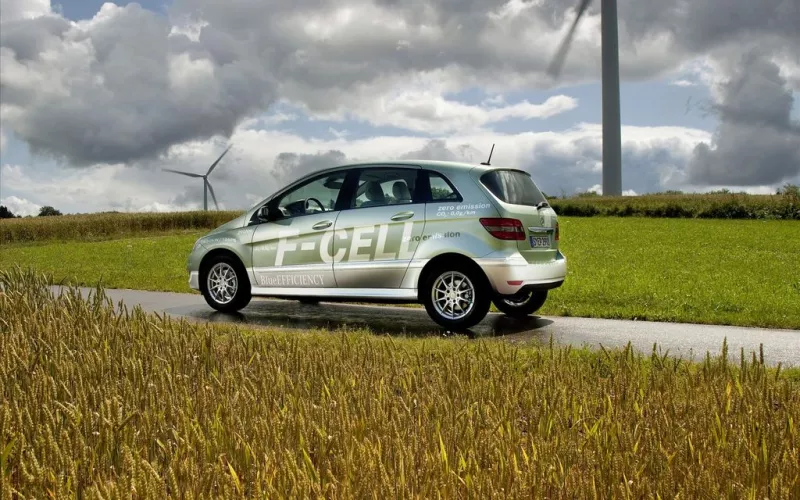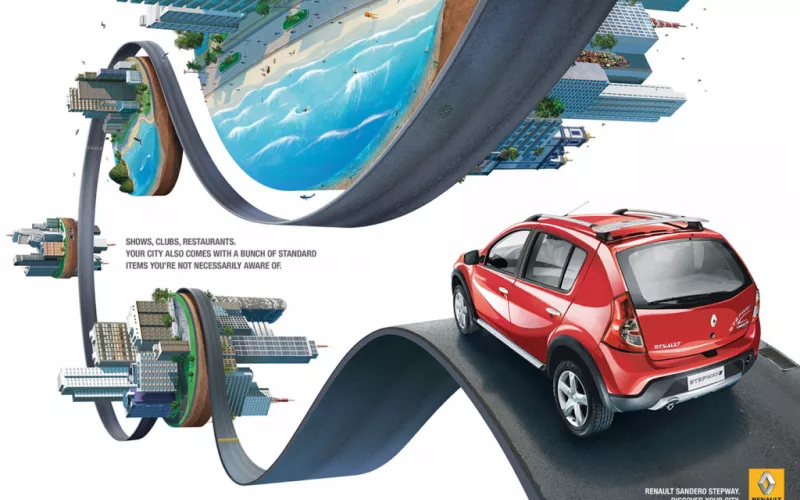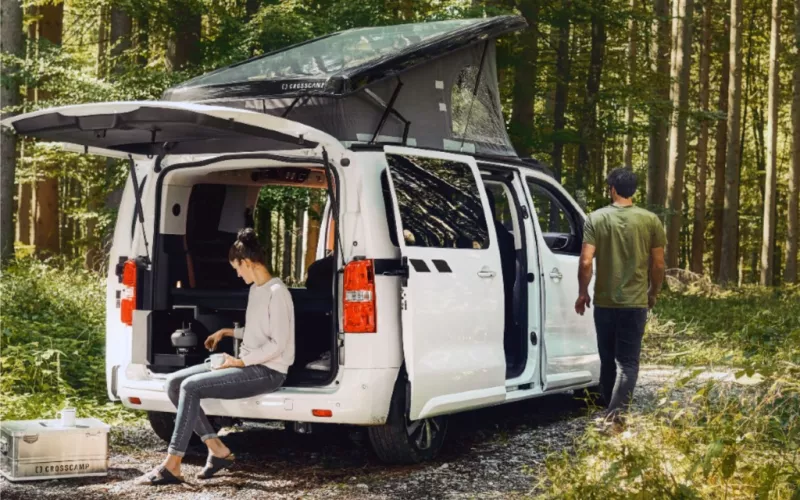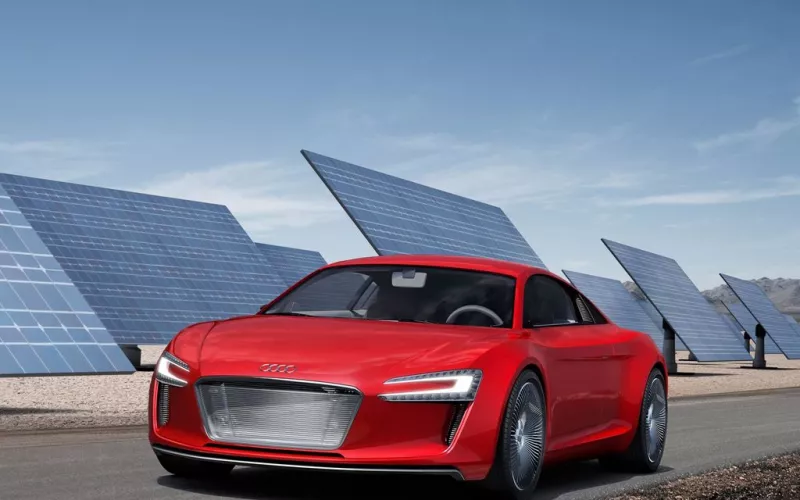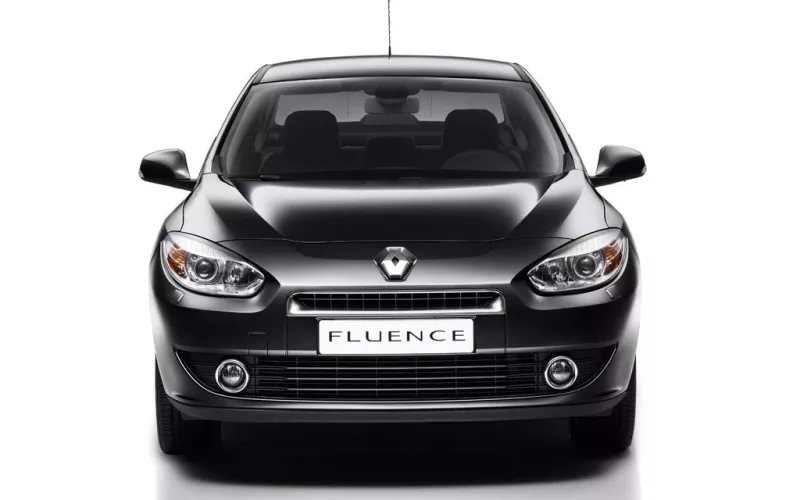Since 1901 and the launch of its single-cylinder van, Renault has been a major player in LCVs vehicles. It has been the LCV market leader in Western Europe for the past 12 years, and even increased its market share this year, from 14.4% at end-August 2009 to 15.7% at end-August 2010. Over the same period, Renault's sales have increased by 20% in volume terms, in a market that has grown by almost 10%.
This increase was driven primarily by the launch of three new models at the start of the year: New Master, New Trafic and Kangoo Express Maxi. Renault’s LCV range now spans load volumes of between 2 and 22 m3, in order to meet all the needs expressed of business customers.
KANGOO EXPRESS Z.E., THE ALL-ELECTRIC LCV AT €20,000 EXCLUDING VAT
At the International Commercial Vehicle Show in Hanover, Renault is premiering the definitive version of Kangoo Express Z.E. (Zero Emission), the first all-electric van developed and built by a vehicle manufacturer.
Kangoo Express Z.E. will be sold in Europe at a price of €20,000 excluding VAT, prior to any tax incentive that might be deductible. In France, for example, a state subsidy of €5,000 will reduce the price of Renault Kangoo Express Z.E. down to €15,000 excluding VAT2, the same price as a Kangoo Express of identical diesel-engined power.
Renault has developed several innovative purchasing concepts for its electric vehicle. Ownership ofthe vehicle will be separate to that of the battery. Customers will be able to purchase or lease their ZE van and take out a subscription for the battery costing from €72 excluding VAT per month.
'Filling up' on energy (160km) for Kangoo Express Z.E. will cost between one and two euros, depending on the local price of electricity (kWh). This marks a significant difference compared with an internal combustion-engined small van. Renault's first electric vehicle will consequently be affordable both to buy and run, making it a particularly attractive proposition for business and fleet customers.
Load capacities identical to internal combustion-engined version
Based on the Renault Kangoo Express, the electric van delivers zero-emission mobility for business customers who care about environmental issues. It is designed to set high standards in durability and reliability.
Renault Kangoo Express Z.E is 4.21m long with a load capacity of between 3 and 3.5 m3, a load length of 2.50m and a payload of 650 kg. The batteries are located in the centre of the vehicle under the floor, so load capacity is exactly the same as on the internal combustion-engined Kangoo Express. The asymmetric hinged rear doors and sliding slide door provide easy access to the cargo area, which is large enough to take a euro-pallet.
Customers will also have access to the same comprehensive range of professional equipment to which they become accustomed with Kangoo Express: full bulkhead or swivelling bulkhead incorporating folding passenger seat, hinged rear roof flap, manual or automatic climate control and audio with Bluetooth connectivity.
The design of Renault Kangoo Express Z.E. is similar to that of the internal combustion-engined version. A chrome ZE badge at the rear identifies it as a Renault electric vehicle. The charging flap is located at the front of the vehicle, next to the right hand headlamp. A standard recharge via a 220V 16A domestic socket takes between six and eight hours when the vehicle is parked overnight or during working hours.
Kangoo Express Z.E. has a range of 160 km over an NEDC combined cycle. Range management is a key factor with electric vehicles, and Renault has taken steps to make it as straightforward and efficient as possible.
The electric van delivers a sound, reassuring and well-balanced ride while its dynamic qualities (roll angles, steering input, etc.) are identical to those of the internal combustion-engined version. And Kangoo Express Z.E. is even more enjoyable to drive: quiet, responsive and with no gear changes. Acceleration is strong from low speeds and the motor delivers maximum torque of 226 Nm from the moment the driver pulls away.
The electric motor has a power output of 44 kW (60 hp) and a maximum speed of 10,500 rpm. Energy efficiency is 90%, far superior to the 25% of internal combustion engines. Low rolling resistance tires improve energy performance even further.
The electric van will be produced in France at the Renault MCA (Maubeuge Carrosserie Automobile) plant in Maubeuge, on the same production line as the internal combustion-engined version. It will take full advantage of the first Kangoo’s production know-how, supplier fabric and logistics network. This will make it possible to start production quickly as well as ensuring high quality standards from the outset.
- Add new comment
- 18 views
